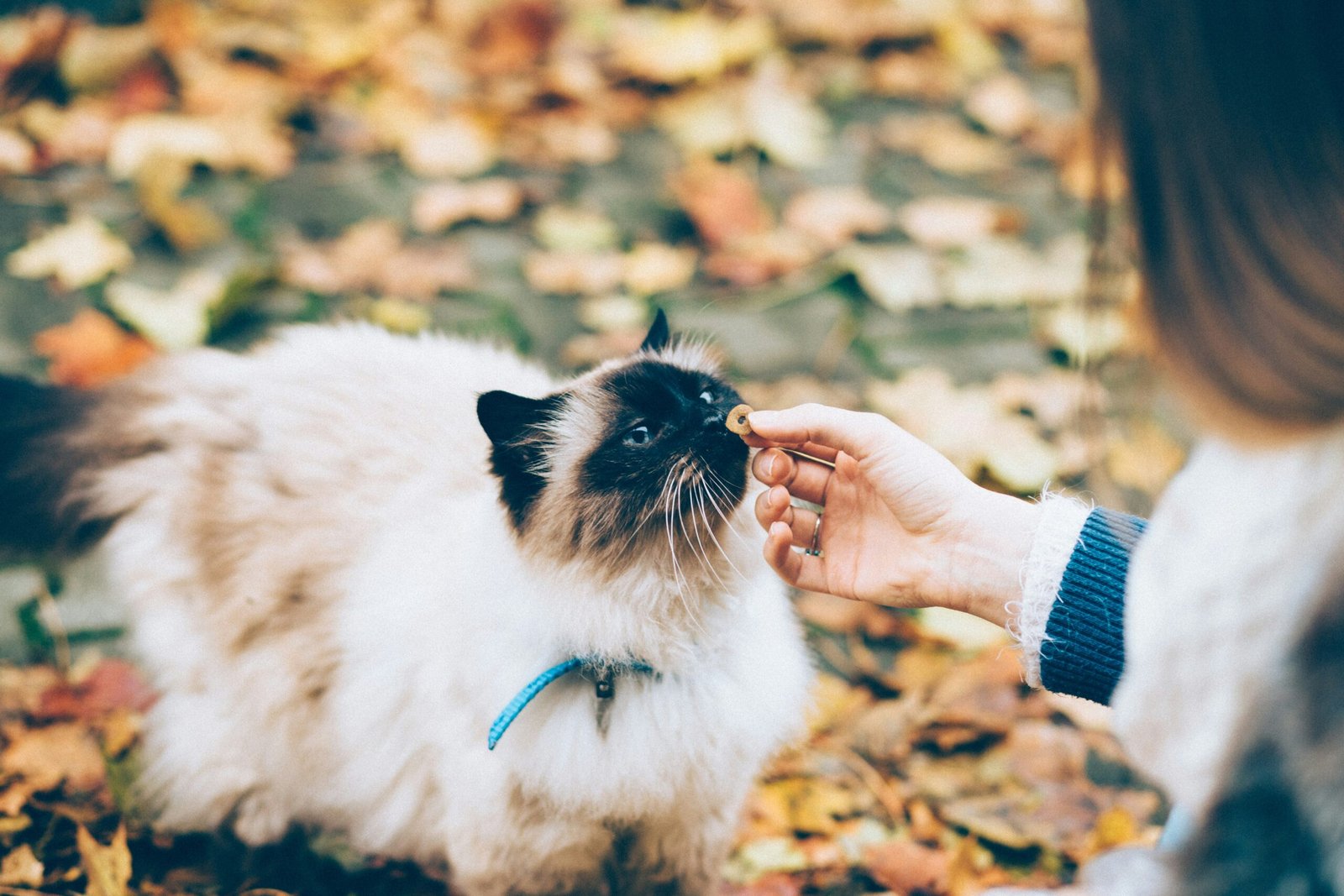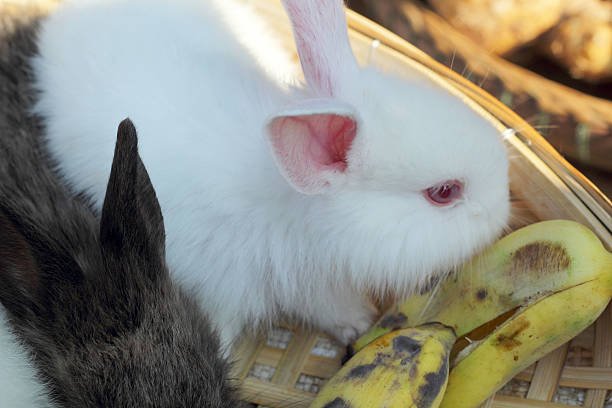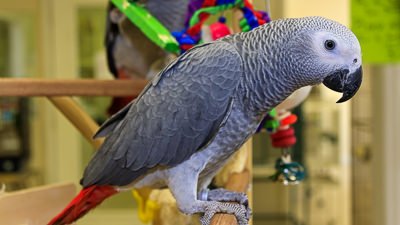Table of Contents
ToggleIntroduction to Hypoallergenic Cat Food
Any responsible pet owner knows they have the sole responsibility of nurturing the pet, and specifically, as a cat owner, you would desire the best for your cat. They should also be given the right nutrition as they will be required to travel during the time of their examination.
However, this is not the case when your cat experiences food allergies or sensitiveness. This food type is meant for cats whose owners wish to avoid certain allergic or gastrointestinal symptoms.
In this article, we will briefly discuss the definition of hypoallergenic cat food, ingredients of the hypoallergenic cat food, the benefits of feeding your cat hypoallergenic cat food, and finally the steps you can follow to identify hypoallergenic catfood for your cat.
What is Hypoallergenic Cat Food?
Hypoallergenic cat food is absolutely meant to reduce the probability of the food allergic reactions in cats. These foods are prepared by avoiding certain ingredients that cause allergic reactions in children with such complications.
This makes them especially suitable for cats with some level of allergies or intolerances to proteins, grains or other additives. Hypoallergenic cat food is meant to enhance the health status in cats and do not cause digestive problems or skin rashes during feedings.
Causes of formation of food allergy in cats include
Cats can develop food allergies for a number of reasons as discussed below. Genetic predispositions, environmental factors together with poor quality in the normal diets enhances this issue. Animal’s related products, meats, dairy products, grains, and fish constitute some of the most typical allergens.
It is therefore crucial that when cats consume the above ingredients their immune system is likely to become overactive and could cause vomiting, diarrhea, itchy skin or maybe ear infection. These symptoms can be managed and your cat relieved by you changing its food to hypoallergenic cat food.
Common Symptoms of Food Allergies in Cats
Symptoms of cat food allergy may vary from one cat to another depending on the severity of the allergy that affects it. These may comprise of skin reactions such as rash, itching, inflammation or hair loss. Consequently, signals like vomiting or diarrhea are signals that the body is experiencing some digestive problems.
They might get ear infections or respiratory problems for instances. In this case, depending on the severity, one should seek the advice of a veterinarian and change the type of cat food to hypoallergenic.
The type of treatment your cat requires greatly depends on the diagnosis of the allergy in question, so after a discussion and consultation with your veterinarian he/she will be able to guide you on which of the solutions listed above may best suit your cat from the various ones described above.
Types of Hypoallergenic Cat Food
Because of this there are various kinds of hypoallergenic cat food and they are categorized depending on their use. Dietetics that incorporate few components to the substance requirements are useful because certain ingredients may be suspected to cause allergies. New protein diets which include proteins from venison, duck, or rabbit are avoided in the normal set up since they cause allergies.
Products derived from hydrolyzed protein do not cause an onset of any form of immune response due to fragmentation of proteins. Hypoallergenic foods are actually of four types which have specific roles in managing your cats’ food allergy.
Ingredients to Look for in Hypoallergenic Cat Food
In selecting hypoallergenic cat food, loud focus is needed to be paid to the quality of the products used. In this regard, prefer such types of proteins as turkey, lamb, or rabbit, since they rarely cause allergic reactions. It is particularly important to refrain from foods like chicken, beef and fish which have been found to cause allergic reactions most of the times.
They have to be preserved from allergies and many cats are allergic to grains such as corn, wheat and soy. Moreover, it is recommended to select the foods containing rather simple carbohydrates and thus encouraging your cat to eat more: sweet potatoes and peas, for instance.
Benefits of Hypoallergenic Cat Food
The commercial diets aimed at reducing the ingredients’ potential allergens are as follows: Vomiting, diarrhea, itching can be alleviated through it. By adopting novel proteins or hydrolyzed proteins these kinds of foods are helpful in digestion issue and are no more leading to immune reactions issues.
It is important also because hypoallergenic food helps maintain healthy skin and coat by preventing chemicals that cause them from being consumed. Most of all, it can positively affect the health and quality of life of the cat.
When Are You Planning on Transitioning a Cat to Hypoallergenic Diet
As with any change of your cat’s diet, it is never a simple process to feed them hypoallergenic food and that requires time and effort to do it right. First, you should gradually incorporate some quantity of the new food to the old food which the cat is accustomed to. As for the change process, it may take about 7-10 days to gradually substitute the old food with a portion of the hypoallergenic food.
This slow transition helps avoid the problems with the gastrointestinal system and lets your cat become familiar with the new type of food. Continue closely observing it in case it experiences some straining during the process and determine whether it is tolerating the change.
Selecting the Optimal Hypoallergenic Tempered Cat Food
In selecting hypoallergenic cat food that your cat can consume, determine their needs and select accordingly. Go back to your vet if you have to know if your cat is a victim of the food allergies and what food should be prescribed.
Thus, try to select brands with healthy ingredients and good reviews from other customers whose pets have benefited from it. Ensure that the food contains all the nutrients such as vitamins, mineral and fats that are required for the well being and healthy life of the cat.
Potential Risks and Considerations
While the cause of this type of food is to manage cats with health problems that include skin irritation or itchiness that is attributed to allergens, one needs to consider certain factors and risks that are associated with this type of food.
However, not all hypoallergenic foods are created equal and some of them may contain hidden allergens as well as artificial additives. Always read ingredient labels carefully. Furthermore, diet change may also be gradual, and some of the cat may not even accept the change. Monitor the health of your cat and seek the service of a veterinarian if there is any problem during the transition process.
Conclusion
There are two main reason why hypoallergenic cat food is very recommendable for pet owners whose cats are allergic to some types of food. Some of the symptoms such as vomiting, diarrhea and itching can thus be managed through properly choosing of food and thus help improve the lifestyles of cats.
It is always advisable to consult with your vet before changing your dog’s diet and ensure that you feed your dog with quality natural foods. This article suggests the ways how your cat can survive food allergy and live happily ever after with a happy belly with the help of hypoallergenic food.





